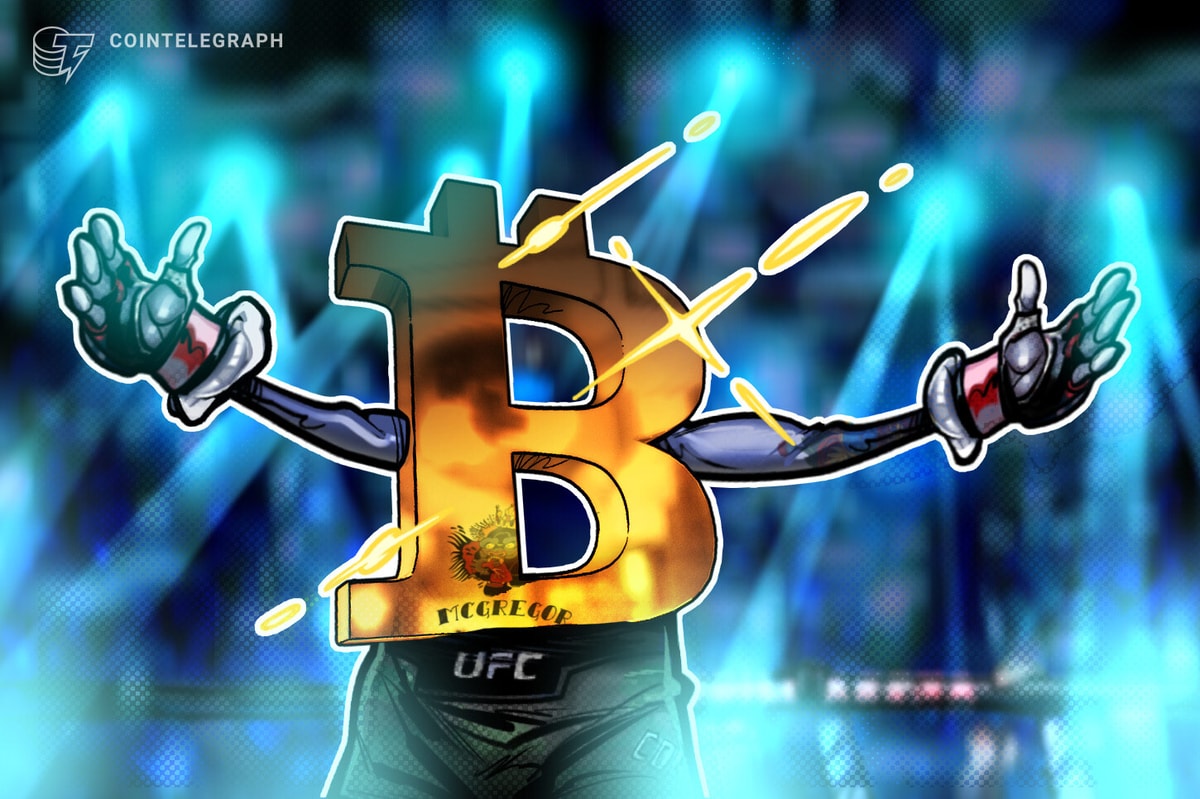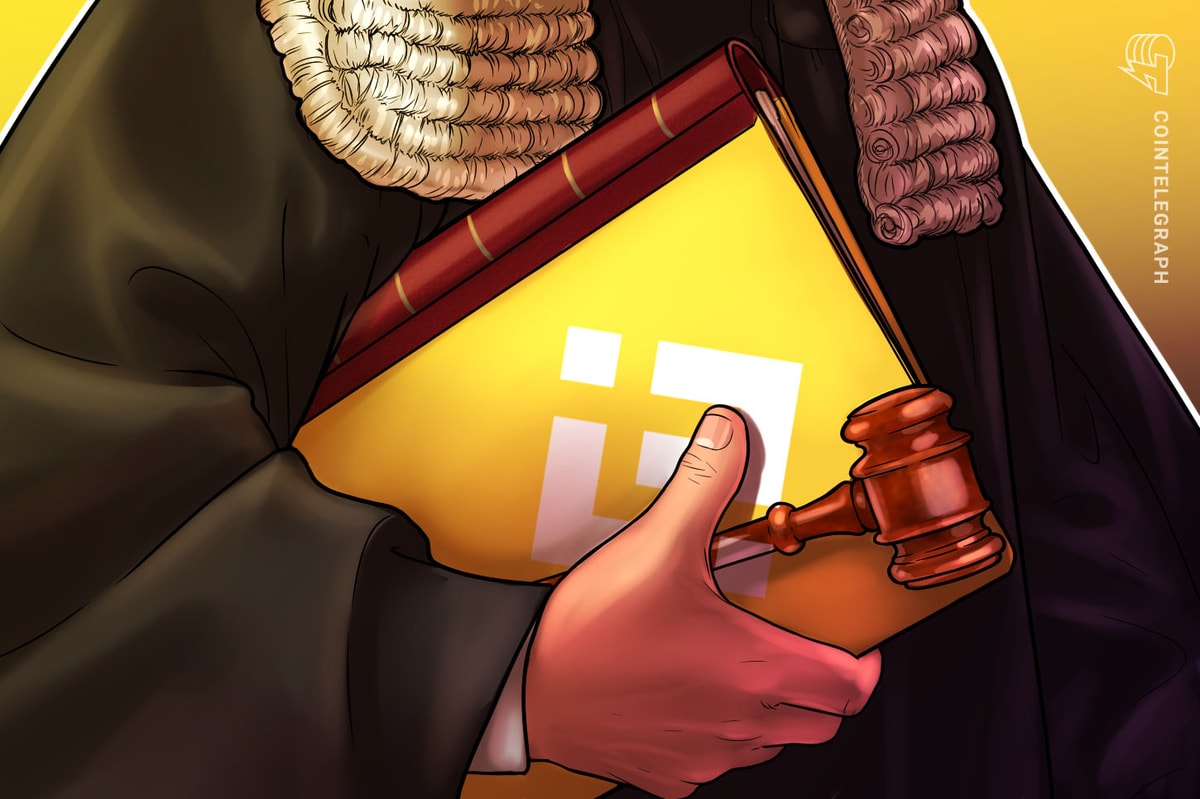The Department of Justice (DOJ) has confirmed its intention to summon former FTX clients, investors and staff as witnesses in the upcoming trial involving Sam Bankman-Fried, the former FTX CEO.
The DOJ submitted a letter motion in limine on Sept. 30 describing the witnesses it intends to call concerning FTX’s treatment of customer assets.
The testimonies intend to provide perspectives on the interactions between the accused and the witnesses. It also aims to get the witnesses’ understanding of Bankman-Fried’s remarks and conduct, particularly regarding FTX’s asset management. The DOJ intends to highlight the experiences of retail and institutional clients who entrusted substantial assets to FTX, believing that the platform would safeguard them securely.
Furthermore, a distinctive situation has emerged concerning one of the DOJ’s witnesses, “FTX Customer-1,” who resides in Ukraine. Given the ongoing conflict, traveling to the U.S. to provide testimony is associated with difficulties. Consequently, the DOJ has suggested using video conferencing as a viable alternative. However, Bankman-Fried’s defense has not yet approved this proposal.
Nonetheless, the legal team representing Bankman-Fried, led by lawyer Mark Cohen, has voiced concerns about the jury questions put forth by the DOJ. According to Bankman-Fried’s defense, these interrogations insinuate guilt on Bankman-Fried's part, potentially undermining the principle of "innocent until proven guilty."
Additionally, the defense contends that these inquiries may not effectively uncover the jurors' inherent biases, especially if related to their personal encounters with cryptocurrencies. Moreover, certain questions could inadvertently guide the jury's perspective instead of eliciting authentic insights, possibly compromising the trial's impartiality.
Related: Sam Bankman-Fried’s lawyer challenges US gov’t proposed jury questions
With the jury selection scheduled to start on Oct. 3, closely followed by the trial, the spotlight is firmly on this high-stakes legal confrontation. This case underscores not only its immediate consequences but also underscores the vital importance of transparent communication and unbiased questioning in upholding the principles of justice.
Magazine: Deposit risk: What do crypto exchanges really do with your money?











